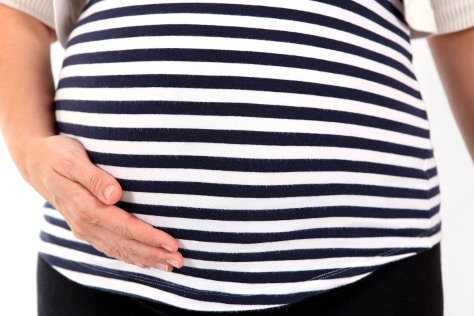Fasting during pregnancy
the overall advice from health professionals would be not to fast in pregnancy for the health of you and your baby. If you are planning to fast during pregnancy you may have many questions such as: Is it safe for baby? Is it safe for me? How can I stay as healthy as possible while fasting? This article aims to answer as many of these questions as possible, however, as this is a personal choice if you choose to do so, you should speak with your midwife or GP for advice

Is fasting during pregnancy safe for my baby?
Studies have not been able to conclusively prove whether fasting is safe during pregnancy.
While research has found that the Apgar Score of babies with mothers who fasted during pregnancy was no different from their non-fasting counterparts, some studies showed that babies born to fasting mothers had a (slightly) lower birth weight, especially if the fasting took place in the first trimester.
There is also research to suggest that babies born to fasting mums grow up to be shorter and thinner than those of non-fasting mums, though the difference is small. Some studies have suggested that fasting during pregnancy can have an impact on a child’s academic ability and cause health problems in later life, while others suggest there is little or no impact caused by fasting.
Is fasting during pregnancy safe for me?
Fasting during pregnancy can be safe, but it can make you more prone to pregnancy health issues such as gestational diabetes and anaemia, so it’s important you’re in contact with your midwife and that she agrees you are healthy enough to fast before beginning.
For women who already have gestational diabetes, fasting will make maintaining blood sugar levels more difficult.
You should also be aware of becoming dehydrated, especially if you are fasting over the summer months where days are longer and hotter. Monitor the colour and smell of your wee to make sure it’s not becoming dark coloured or strong smelling, as these are signs of dehydration.
If you notice that you aren’t putting on weight, develop a fever, start vomiting, or feel dizzy and weak, contact your doctor immediately.
Do I have to fast during pregnancy?
The most important thing to consider when deciding whether to fast during pregnancy is the health of you and your developing baby. You should make a decision on whether you are healthy enough to fast with your midwife or GP.
Many women do choose to fast during their pregnancies, although religions such as Islam do exempt pregnancy women from fasting by making up missed fasts later or paying fidyah if fasting poses a risk to their health. If you are unwell during pregnancy it’s likely you’ll be advised not to fast.
How can I have the best experience while fasting?
Fasting can put your already tired body under stress, so it’s important to take things easy during the fasting period, getting lots of rest and avoiding strenuous activities or situations where you might become dehydrated. Be extra careful if you choose to fast in the last three months of pregnancy as this is when you usually need 200 extra calories.
In terms of breaking your fast, avoid sugary food which will raise your blood sugar quickly, leading to an energy crash later. Instead eat plenty of wholegrains and high fibre foods such as vegetables, pulses and dried fruit, plus lots of protein from meat, eggs and nuts. Try to drink 1.5 to 2 litres of water outside of fasting periods, but avoid caffeine as this is a diuretic and can make you dehydrated. It's also important to remember to take your folic acid and vitamin d supplements.
If you’re still not sure whether fasting during pregnancy is for you then consider a trial period to see how you get on and go from there.
The overall advice from health professionals is ideally not to fast in pregnancy for the health of you and your baby. However as this is a personal choice if you choose to do so, you should speak to your doctor or midwife for advice.